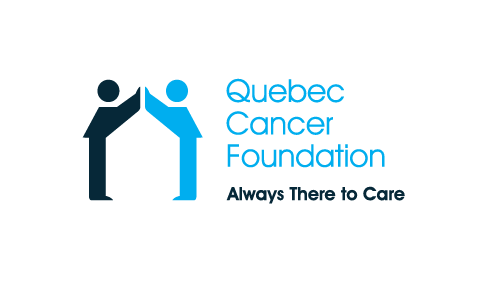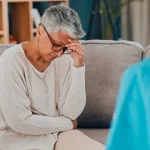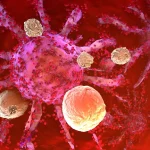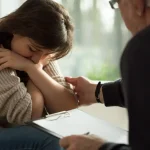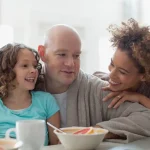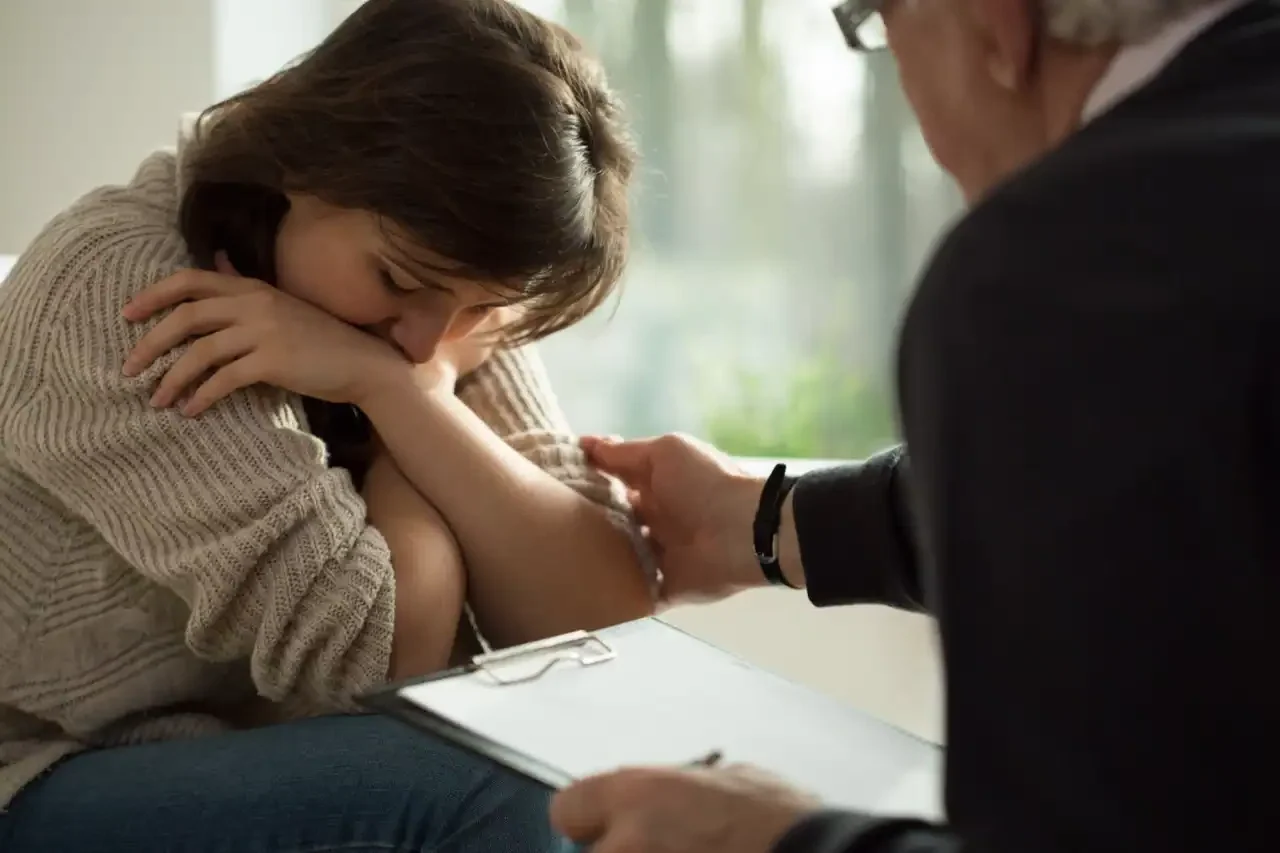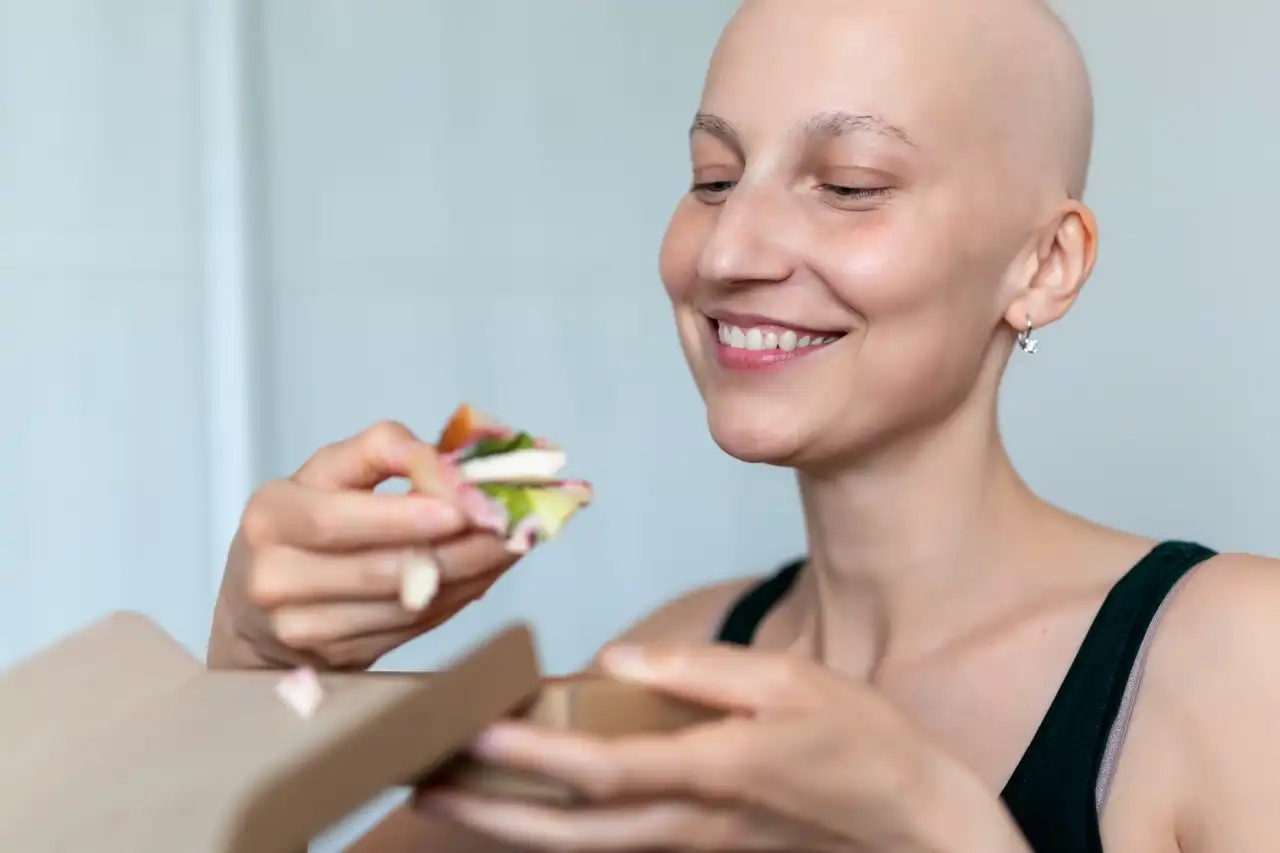We offer these tips to help the family get through this difficult time more easily.
The importance of good communication with your child
You might want to hide your cancer diagnosis or your condition from your children to avoid hurting them. Yet children are more able to cope with the illness of a parent if they are given clear, honest information. They can more easily adapt to adjustments if they are informed and know what to expect from the start. By remaining accessible and allowing them to discuss the situation, you encourage your children to express feelings and to ask questions. Good communication is important and reassuring for your children.
For instance, if they wonder how everyday activities will be affected, answer them to the best of your knowledge and don’t make any false promises. If you think your condition will not allow you to do things with them, explain honestly what will happen. Also, if you stay home, your children may wonder whether they should take care of you. In this case, tell them what to expect and who will look after you. It is especially important to continue to communicate with your child, whether your health status changes or remains stable.
Make family life a priority
Don’t let cancer interfere with your family life. Occasionally, try to forget the illness and talk to your children to decrease their anxiety. Share your good moments and invite them to do the same.
Periodically, your children will need a break. They will want to move, to go out and have fun. You can help with them do this by organizing their outings or their regular outside activities. They can participate in a group activity, away from the family, or visit relatives or friends. You can also participate in these activities if you think you have enough energy to do so. Try to remain present for your children, both physically and emotionally. Take days off to spend time with them, watch a movie, take a walk, play in the park, etc.
Encourage autonomy
Encourage your children’s independence by communicating with them and by demonstrating your appreciation for their way of coping with the situation. You can give them the opportunity to do things independently of the family and encourage them to develop their own interests and pursue activities outside the home.
In order to develop their personal identity, your children need to feel that they have a role to play within the family – only they might not know what to do or how to go about helping a sick relative. It would be interesting to give them a task or a job suited to their age and interests in order to get them involved. For example, they could read you a story, watch TV with you, take care of an errand or a household chore, etc. Do not hesitate to compliment, congratulate and thank them when you notice that they are helping you around the house, either with you or on their own.
Info-cancer
Need information, a listening ear, resources and to share?
Our Info-cancer staff is there to:
- Answer your questions;
- Refer you to resources in your area;
- Provide you with useful documentation;
- Put you in touch with someone who has gone through the same ordeal, whether you or a loved one.
Borrow one or more books on the subject for free:
Monday to Friday, from 9 am to 5 pm
1-800-363-0063 (free of charge) | [email protected]
For more information on how best to interact with your children during your illness, check out our collection of books on children, available from the Info-Cancer Library catalog.
Source
- J. CORSINI, Linda and Canadian Breast Cancer, Ontario Chapter. What About My Kids? A guide for parents living with breast cancer, Ottawa, Canadian Breast Cancer, Ontario Chapter, 2006, 163 p. Borrow this book (in French only).
